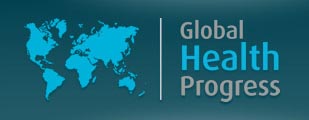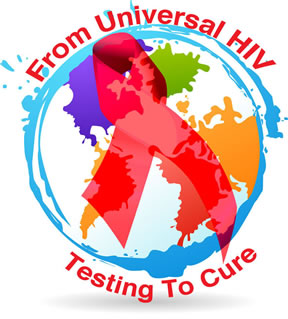In the first of a series of new reports, a coalition of pharmaceutical industry trade organizations outlines the serious burden that chronic diseases place on patients and global health care systems.“Fighting Chronic Disease: Importance of Non-communicable Diseases†is the first of four reports that look at this growing issue for patients and health care systems around the world.
The report was compiled by the European Federation of the Pharmaceutical Industries and Associations, the International Federation of Pharmaceutical Manufacturers & Associations, the Japan Pharmaceutical Manufacturers Association, and the Pharmaceutical Researchers and Manufacturers Association. Together, these organizations highlight the powerful role that public-private partnerships can play in mitigating the burden of chronic disease. Non-communicable diseases like stroke, heart disease, diabetes, and cancers can often strain global health care resources, and targeting the main risk factors of these conditions can significantly reduce the burden of these diseases worldwide.
Most NCDs are preventable because they are caused by modifiable risk factors, which include poor diet, lack of physical activity and tobacco use. Every year, more than 5 million people die because of direct tobacco use and 2.8 million die from being overweight or obese. High cholesterol accounts for 2.6 million deaths and 7.5 million die because of elevated blood pressure. Individually, chronic disease lowers quality of life for those affected, causes premature deaths and negatively impacts the economic solvency of families, communities and nations. Interventions that focus on better diet, increased physical activity and access to vaccines have been proven to decrease the incidence of chronic disease and improve quality of life.
The pharmaceutical industry has long recognized the economic and social burden of non-communicable diseases (NCDs) and has been working with governments, health care providers, patients groups and other stakeholders as an active solution partner in lessening this burden. The industry promotes and supports health prevention and promotion strategies and patient-centered approaches to managing chronic conditions and their risk factors. At the same time the global biopharmaceutical industry leads the search for new cures and the research and development of new medicines to treat or prevent non-communicable diseases. There are currently thousands of medicines either in clinical trials or awaiting approval to treat NCDs. The great challenge in preventing and controlling NCDs on a global scale is finding patient-centered solutions that reduce the burden on global health care services by promoting individual healthy lifestyles.
The R&D-based pharmaceutical industry works to improve the health and quality of life of all patients, and is committed to continuing partnerships that tackle these complex issues including extensive investment in R&D programs dedicated to the development of new NCD preventative and treatment products. Both prevention and treatment play an important role in addressing the problem of non-communicable diseases.
The full report is available at
http://globalhealthprogress.org/mediacenter/index.php/new-report-examines…
Via EPR Network
More Healthcare press releases





